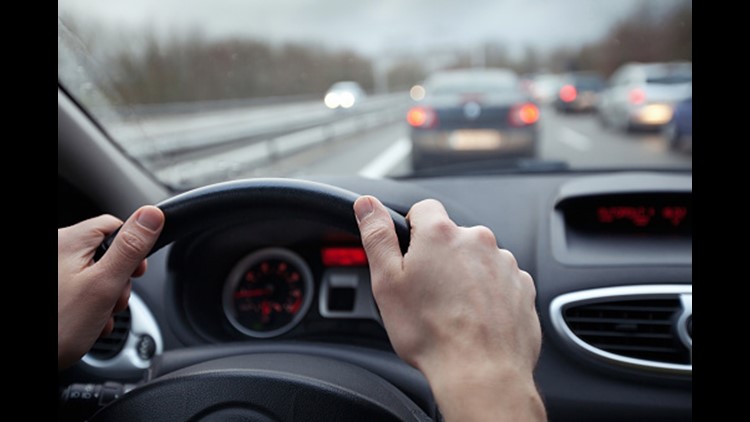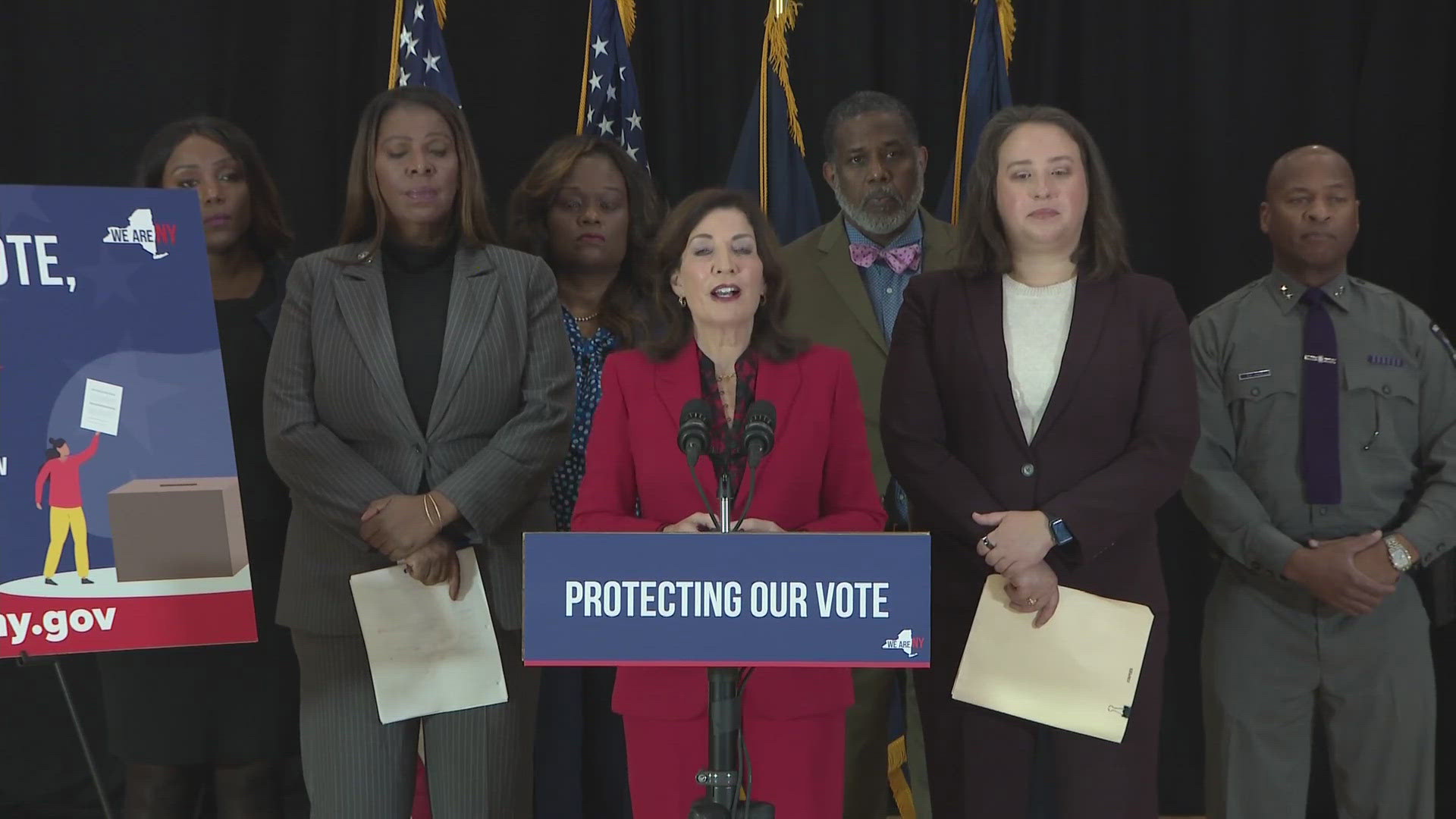ALBANY - When Gov. Andrew Cuomo and state lawmakers approved a ride-hailing law in April, it would have allowed certain low-level sex offenders to drive for companies like Uber and Lyft.
That's no longer the case.
Cuomo signed a bill late last week block all sex offenders from driving for ride-hailing companies for as long as they are listed on the state's registry, regardless of the severity of their crime and how long ago it was committed.
The new law closes what lawmakers said was a loophole in the version approved in April, which blocked all Level 2 and 3 sex offenders -- the two most-serious levels -- from driving for Uber and Lyft but allowed Level 1 offenders -- the lowest level -- if their crime was committed more than seven years ago.
Level 1 offenders are generally included in the state's registry for 20 years.
Cuomo signed the bill without comment. The Legislature approved it unanimously last month.
"To think that New York law could have allowed vulnerable community members to unknowingly get into the personal vehicle of a registered sex offender is incomprehensible," Sen. Sue Serino, R-Hyde Park, Dutchess County, said in a statement.
The new law took effect June 26, the same day the state's April ride-hailing law took effect. The ride-hailing law set up a statewide regulatory system for companies like Uber and Lyft, which allow riders to summon a driver with the push of a button on their smartphone.
Uber and Lyft have been the only two companies to seek a ride-hailing license from the state thus far. They have more than 20,000 drivers across the state, according to the state Department of Motor Vehicles.
Both companies have been operating statewide for the past week; They had previously been up and running in New York City under the city's taxi laws.
New York's Level 1 sex offender status is generally reserved for those who commit low-level crimes, often as teens, and are deemed to be of low or no risk to commit a similar crime again.
Criminal defense attorneys have long been critical of the state's risk-assessment system for sex offenders, arguing that the levels and how they're determined aren't an accurate way to determine whether someone is a risk to offend again.
Using the state's risk assessments for "any kind of decision-making is poorly conceived," said Al O'Connor, litigation counsel for the New York State Defenders Association.
"People can be on these registries for life," said Al O'Connor, litigation counsel for the New York State Defenders Association. "People who have been offense-free for many, many years don't pose really any risk beyond what an average person would."



